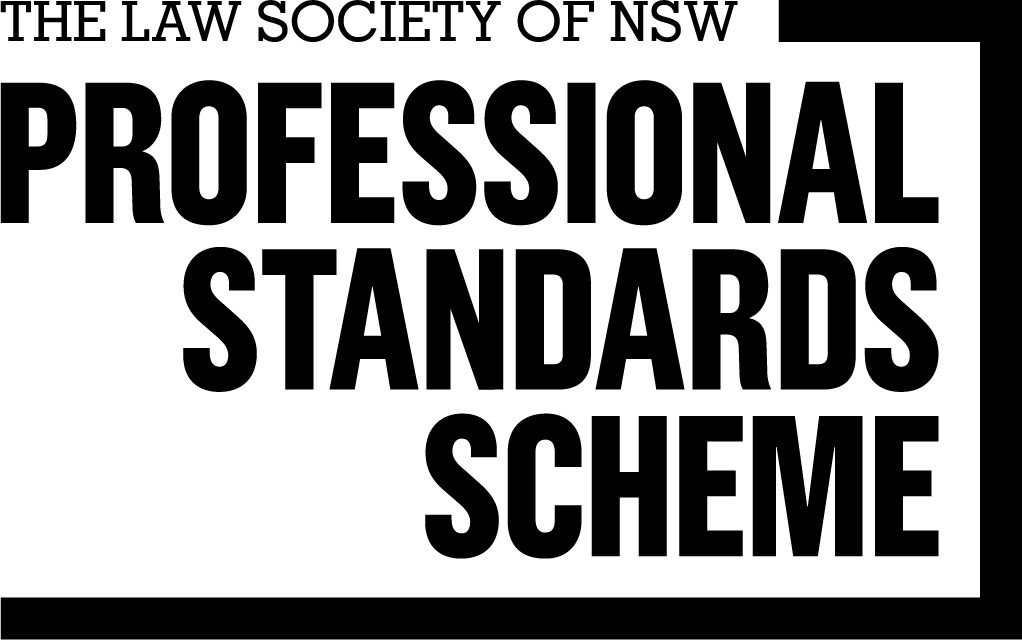It is typical of commercial and retail property leases that tenants insure their fixtures and fittings, stock and contents and public liability risk. It is also often the case that the coverage of the insurance be extended to third parties, such as the landlord.
Tenants may seek to discharge this obligation by having their landlord covered either by:
- naming them on the policy as a “Named Insured”;
- protecting them under the policy as an “Interested party”; or
- having their interest in the proceeds of the policy “noted”.
Named insured
Where a landlord is a “Named Insured”, the landlord is granted the right to seek indemnity under the policy direct from the insurer.
That is, the landlord can directly make a claim on the policy, without first notifying the tenant that they intend to do so.
Whilst not having to liaise with an insurer through a tenant can present time savings, being a named insured is not without cost to both landlord and tenant. For the landlord as named insured, duties are imposed similar to those imposed on the tenant (the contracting insured). For example, named insureds are generally required to act in good faith and give notices to the insurer in relation to claims or circumstances that may result in a claim. For the contracting insured, a higher premium will often be payable to secure the named insured’s interests.
Interested parties
Where a landlord is an “interested party”, the landlord is a third party beneficiary to the policy. If the terms of the policy provide the insurance extends to third party beneficiaries, interested parties will be able to make claims on the policy.
In Trident Insurance v McNiece Bros (1988) 165 CLR 107 it was held that interested parties are entitled to be indemnified in respect of losses covered by a policy. Where it is the clear, expressed intention of the insurer and insured that an interested party receive the benefit of the policy, privity of contract (which ordinarily does not exist with interested parties) cannot be held to prevent the interested party from claiming on the policy.
The Insurance Contracts Act 1984 (Cth) echoes this reasoning. Section 48 provides that where a person other than the contracting insured is referred to in a policy as someone to whom the benefit of the policy is intended to cover, that person may enforce the policy directly against the insurer.
It is important to note however that an interested party’s ability to claim direct will only be possible if the policy wording allows this. Landlords that are named as an interested party should ensure they review the wording of policies in question to ensure this indulgence is granted.
Noted interests
Where a landlord has its interests on an insurance policy “noted”, this is, of itself, not enough to confer any rights on the landlord.
The effect of noting a party’s interests on an insurance policy is that, unless the policy provides otherwise, the party will not be able to make a claim against the policy.
Noting the landlord as an interested party is merely a clear statement to the tenant’s insurer that the landlord also has an interest in the insured property.
The SR view
In our view, the crucial issue for landlords is to ensure their tenants are being responsible business owners and operators, and are arranging adequate insurance cover. Asking for a copy of a certificate of currency should be enough to inform landlords of the degree of cover taken out by a tenant and when the policy expires.
After that, the extent of coverage desired by the landlord at the hands of the tenant becomes a matter for commercial consideration.
It is easiest and cheapest for a tenant to note the landlord’s interest on the policy. Requiring a tenant to name its landlord as a named insured increases the premium payable and can operate to delay lease deals and negotiations, as tenants seek to remove or modify such an obligation. This could ultimately result in delays in handover, lease commencement and the payment of rent.
Also worthwhile of consideration is the risk the landlord is concerned about.
In terms of public risk and liability insurance, the landlord’s own public liability policy should already cover the landlord’s risk in relation to premises leased to a tenant – so we query why a landlord would need to be a named insured on a tenant’s public liability policy.
In terms of tenant’s fixtures and fittings, stock and contents, the landlord strictly does not have an interest in this property. Again, we query why a landlord would need to be a named insured in respect of the tenant’s coverage on these risks.
Download PDF here – Insured, interested and noted – where is the difference
Disclaimer
The material contained in this publication is comment of a general nature only and is not, nor is it intended to be, legal advice. Neither Speirs Ryan nor any individual author accepts any responsibility whatsoever for any acts or omissions resulting from reliance upon the content of this or any publication. Before acting on the basis of any material contained in this publication, we recommend you consult your professional adviser.
Creative Commons Photo Credit: Source



